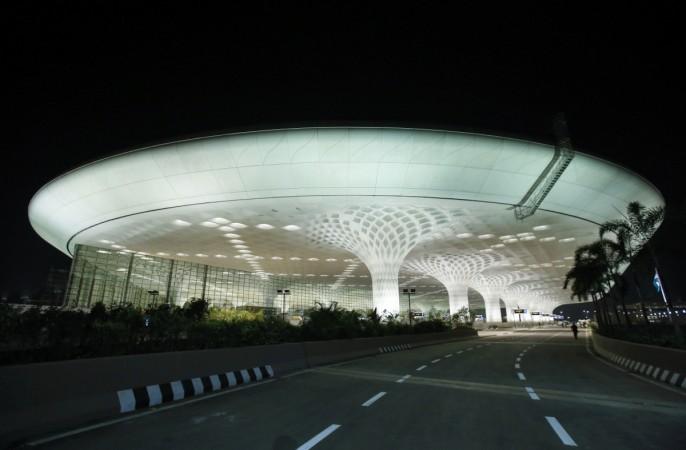
For the first time in its history, the Airports Authority of India (AAI) clocked revenues over Rs 10,000 crore, when it registered a figure of Rs. 10,825 crore for the financial year 2015-16. The revenues jumped 17 percent from Rs. 9,285 crore in FY 2014-15.
The record growth in revenues could be attributed to low fuel prices, which has resulted in an increase in the number of passengers. Profit after tax (PAT) surged 30 percent to Rs. 2,537 crore (FY16) as compared to Rs. 1,959 crore in the year ending in March 2015, Business Standard reported.
"We have been consistently clocking impressive numbers. The growth in the number of passengers and freight helped us. This will help us in our projects, as we don't take a penny from the government," Sudhir Raheja, the Chairman of AAI, was quoted as saying by the publication.
The airport operator earns its service revenues by charging user developmental fees and passenger service fees on flight tickets.
"AAI's revenue will continue to grow as long as there is a need for air travel and travel is still at affordable levels," Mark D Martin, the Founder and CEO of aviation consulting firm Martin Consulting, was quoted as saying by the Hindu.
AAI was granted financial autonomy in 2008, which gave it the right to invest in projects and to form joint ventures. There are 475 airports in the country currently, of which AAI manages 125 airports, 95 of which are operational.
AAI owns 26 percent stake in Delhi and Mumbai airports, which are managed by the private companies, GMR and GVK, respectively. The stake reportedly accounts for 60 percent of AAI's revenues.
According to the public-private partnership agreement, the Delhi International Airport Ltd. and the Mumbai International Airport Ltd. have to respectively share 45.99 percent and 38.7 percent of the revenues with the airport operator every year.
[1 lakh = 100,000 | 1 crore = 10 million | 100 crore = 1 billion]









